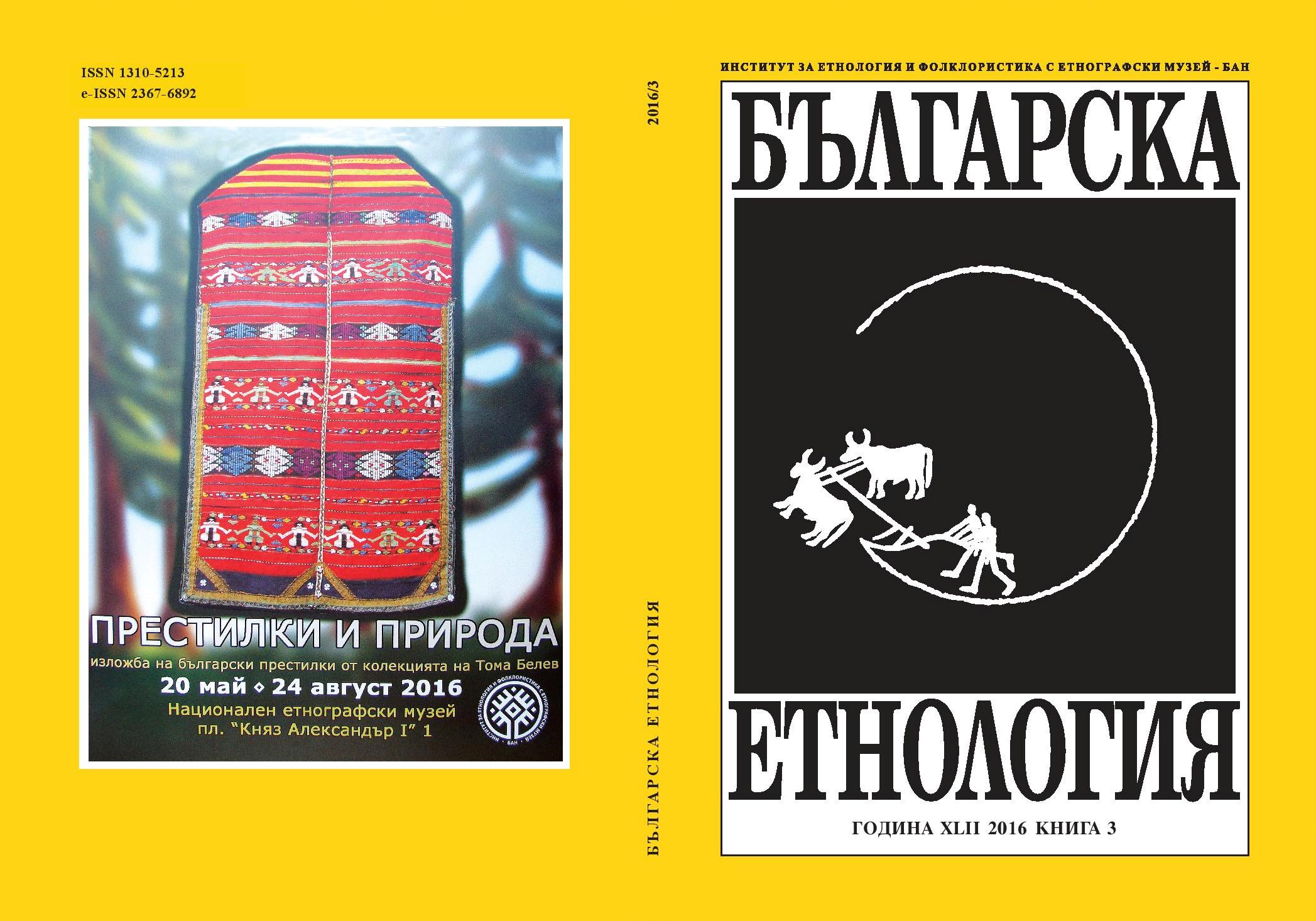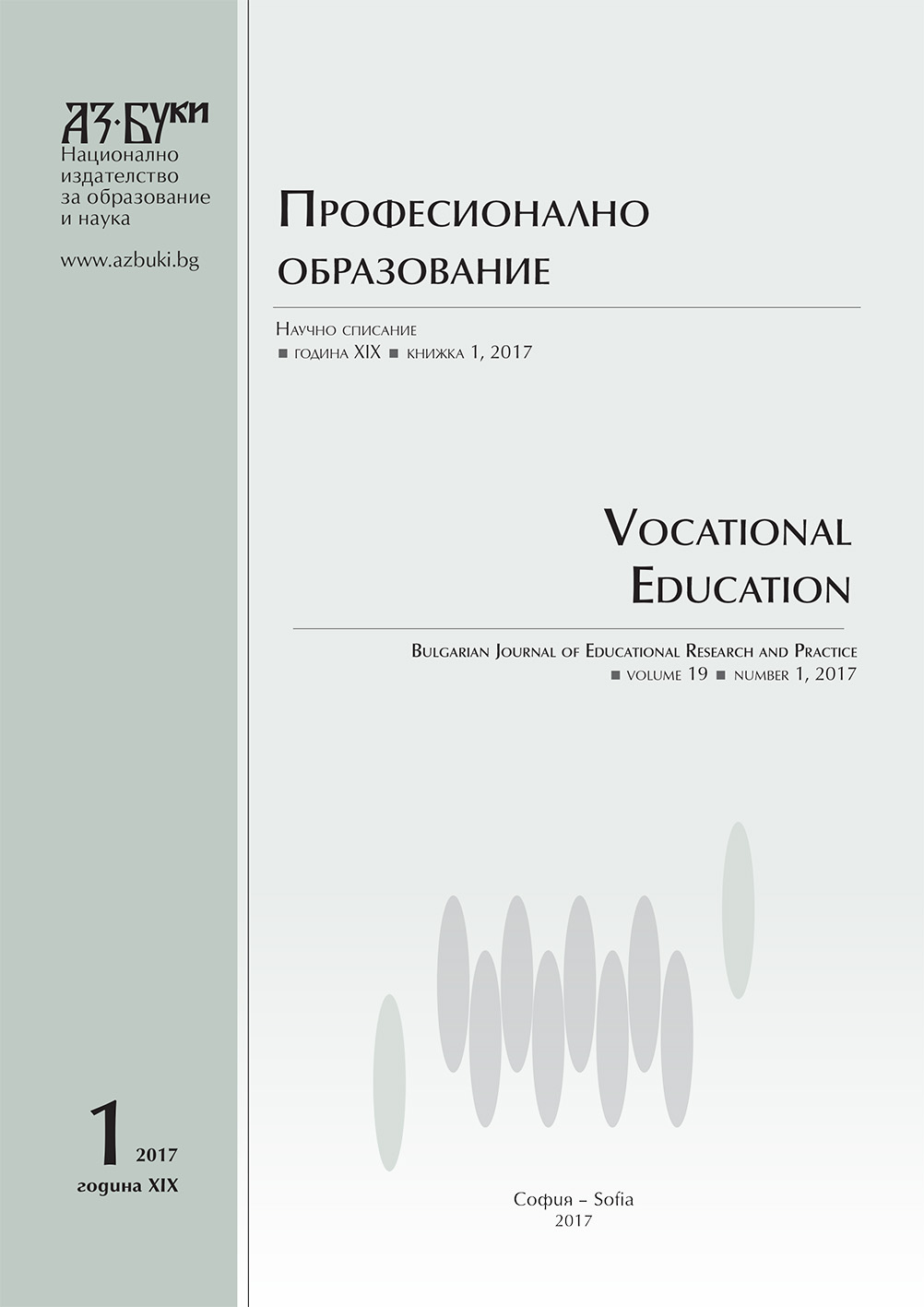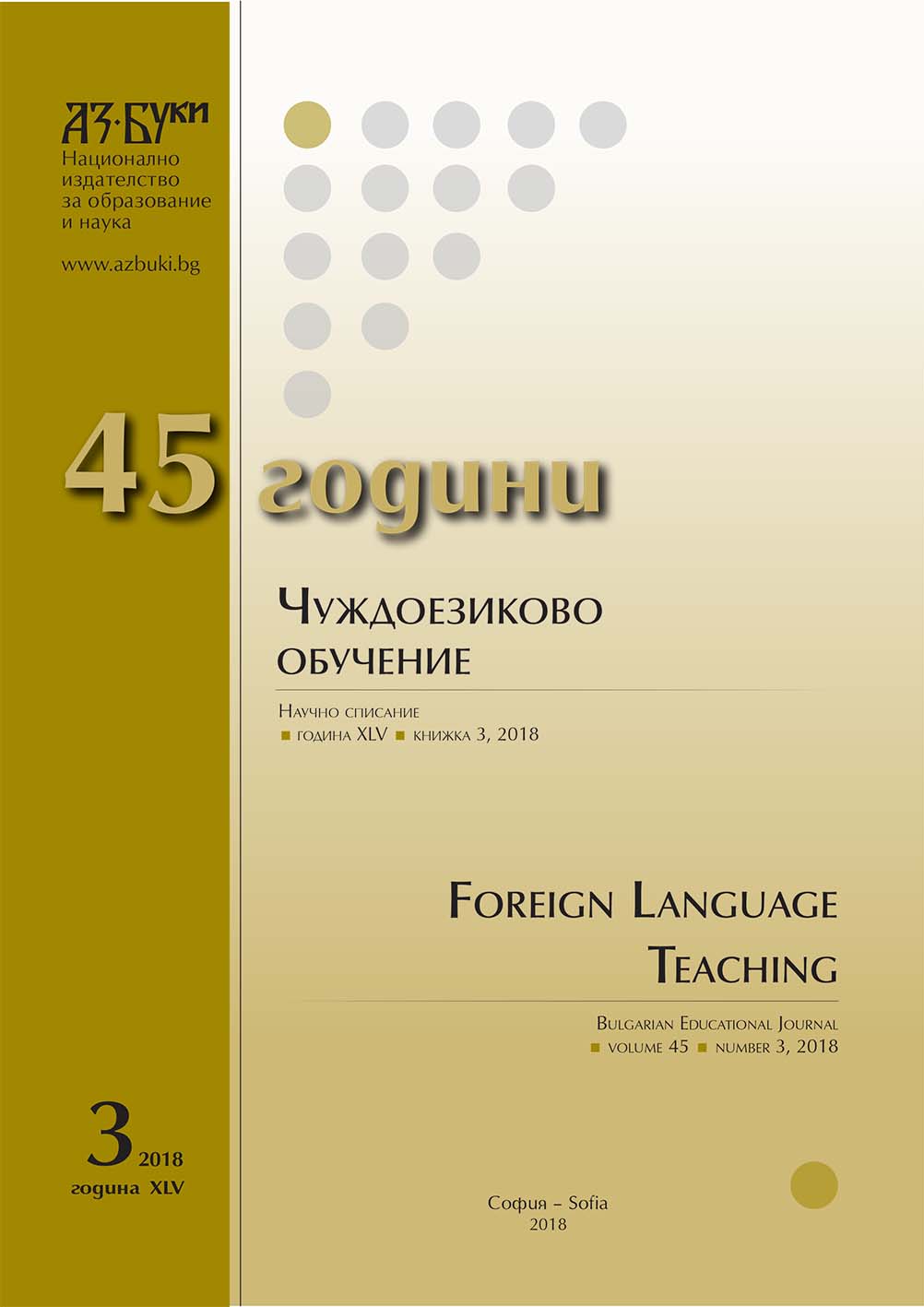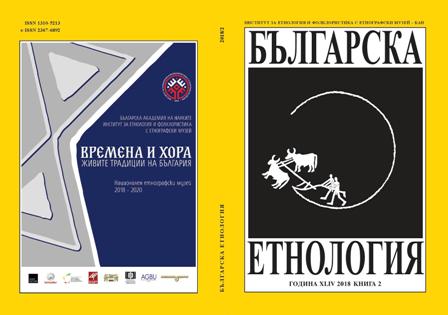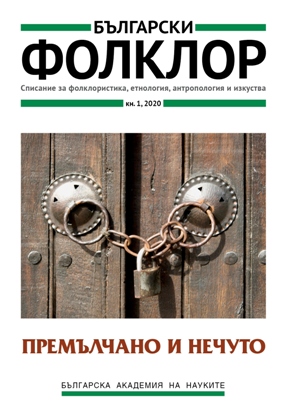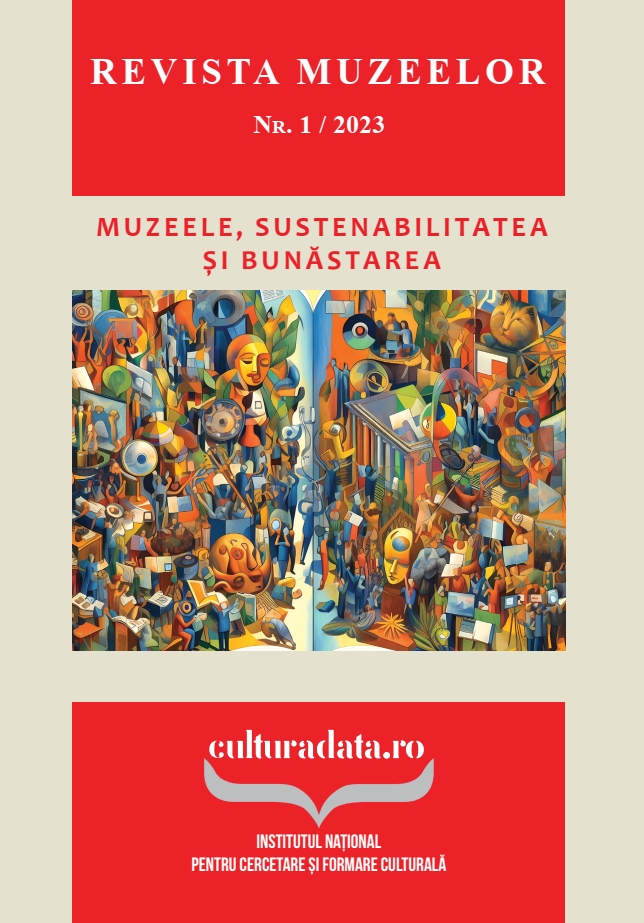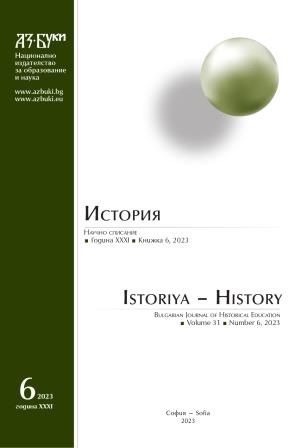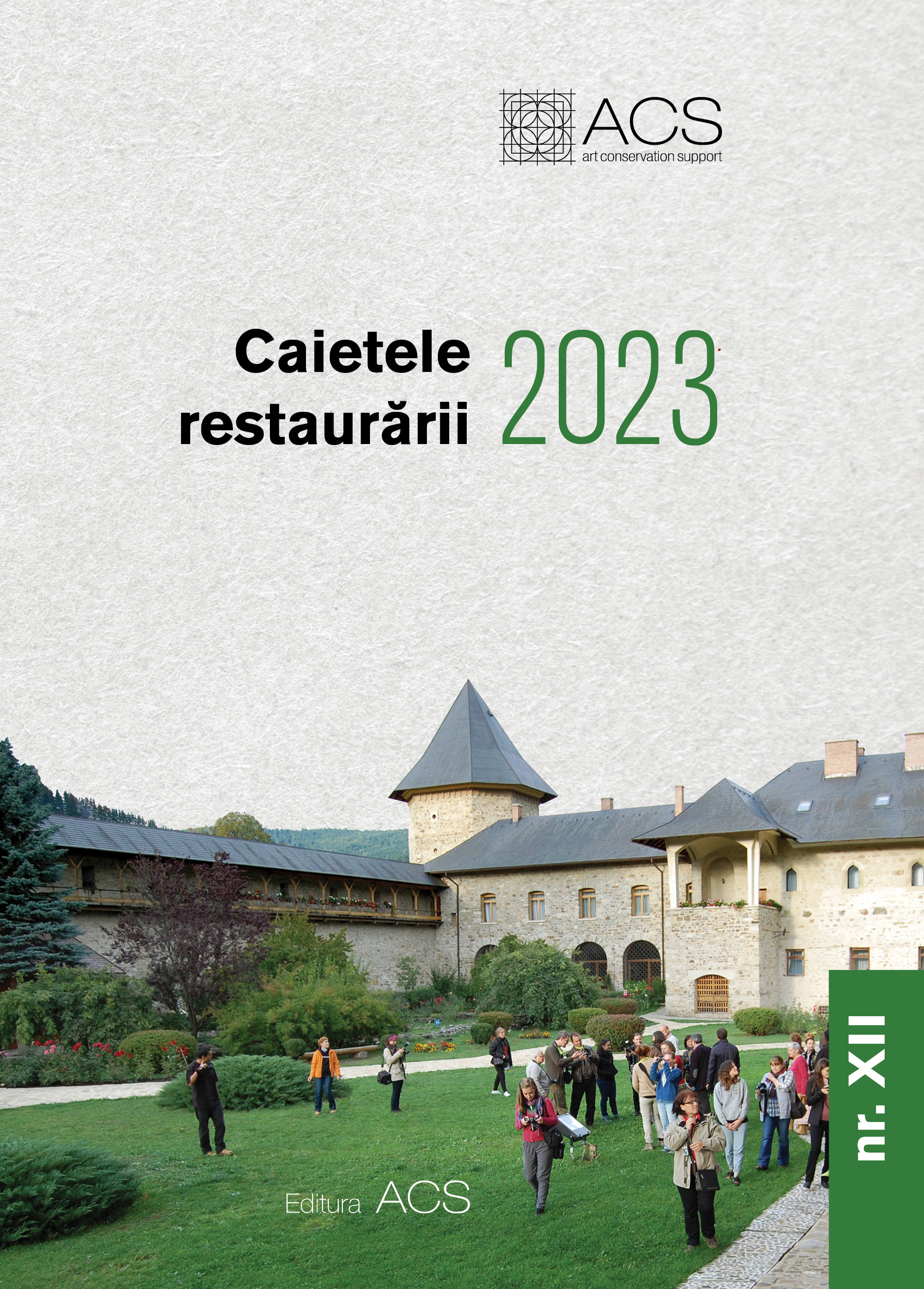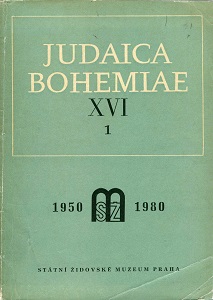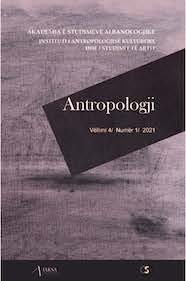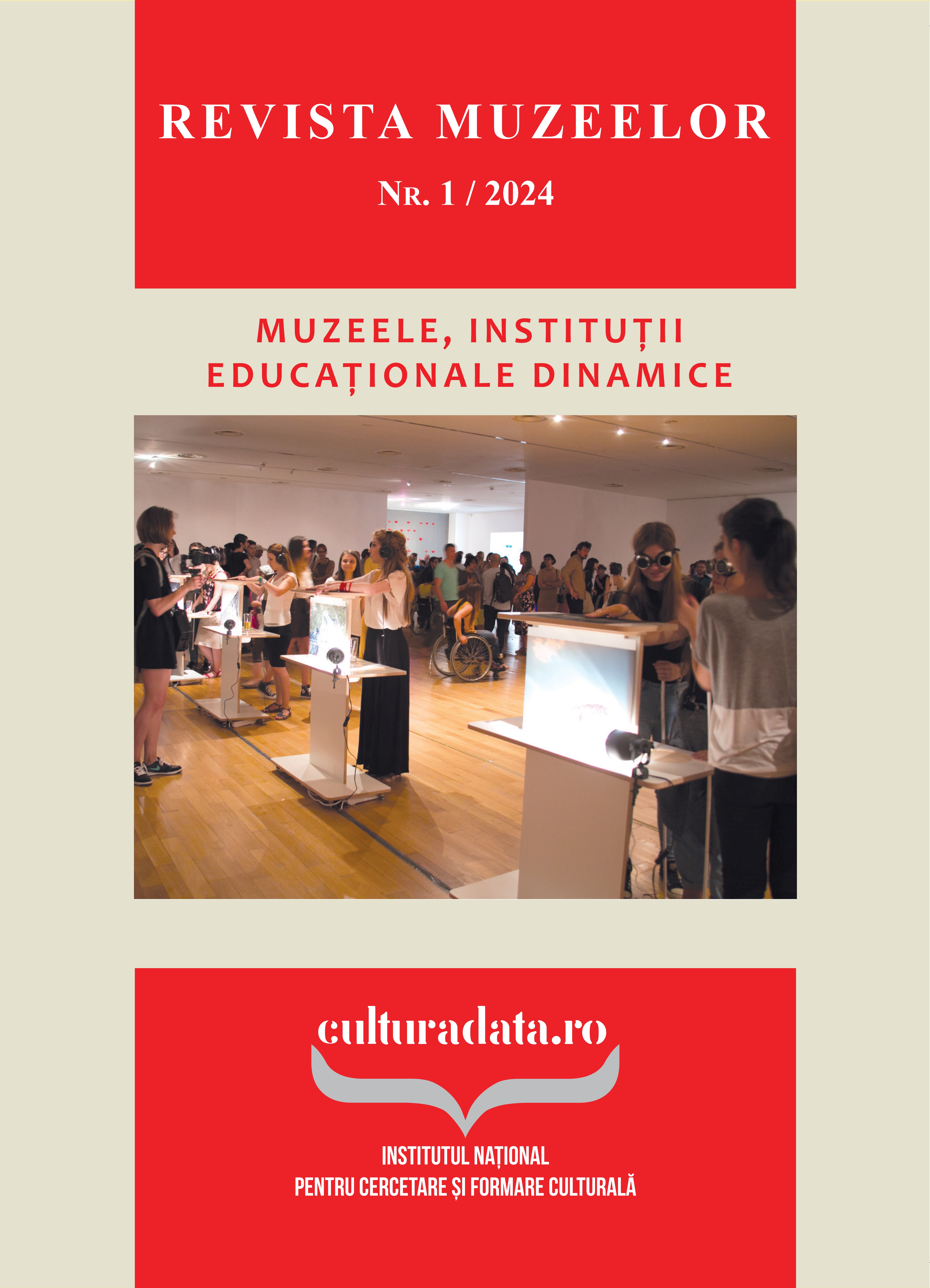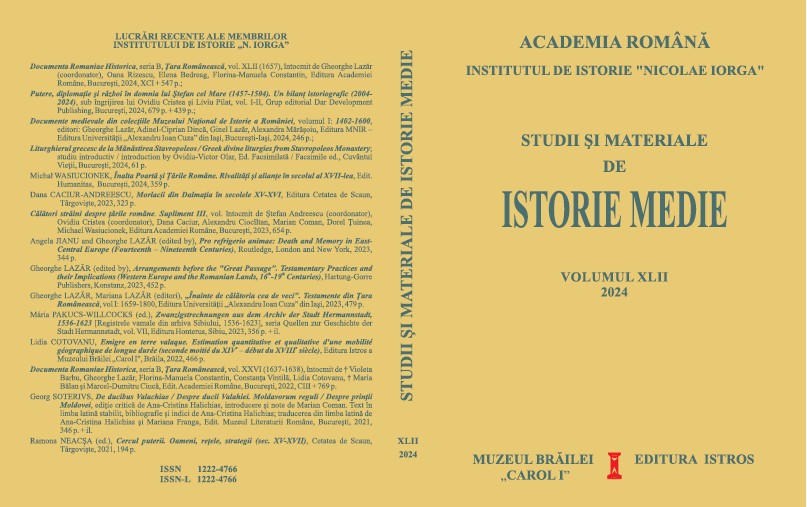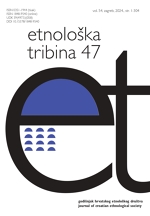Author(s): Tomislav Augustinčić,Krinka Baković,Melanija Belaj,Emina Bužinkić,Lumnije Kadriu,Suzana Marjanić,Duga Mavrinac,Ana Mlinar,Olga Orlić,Nataša Polgar,Ines Prica,Reana Senjković,Dušan Strgar,Noel Šuran / Language(s): Croatian
Issue: 47/2024
1. Balkanska ruta. Pojmovnik europskog režima iregulariziranih migracija na periferiji EU, Marijana Hameršak, Iva Pleše, Tea Škokić, ur., Sandorf, Zagreb, 2023., 350 str.
2. Carolin Leutloff-Grandits, Translocal Care across Kosovo’s Borders. Reconfiguring Kinship along Gender and Generational Lines, Berghahn Books, New York, Oxford, 2023., 262 pp.
3. Andrea Matošević, Kolos Jadrana. Industrijski film i brodogradilište Uljanik u drugoj polovici XX. stoljeća, Srednja Europa, Zagreb, 2023., 218 str.
4. Nataša Polgar, Vještica na kauču. Psihoanalitički ogledi o suđenjima vješticama u Hrvatskoj. Institut za etnologiju i folkloristiku, Zagreb, 2021., 271 str.
5. Luka Šešo, Krsnik između mita i zbilje. Kulturno-antropološke strukture jednog tradicijskog vjerovanja, Hrvatsko etnološko društvo i Hrvatsko katoličko sveučilište, Zagreb, 2022., 145 str.
6. Dragana Antonijević, Antropologija folklora (Biblioteka Etnoantropološki problemi. Monografije; knj. 23), Filozofski fakultet, Odeljenje za etnologiju i antropologiju, Dosije studio, Beograd, 2023., 197 str.
7. Ana Banić Grubišić, Internet mimovi između folklora i popularne kulture, Univerzitet u Beogradu – Filozofski fakultet, Odeljenje za etnologiju i antropologiju i Dosije studio, Beograd, 2023., 187 str.
8. Ča delamo kad “niš” ne delamo / Cosa si fa quando “nulla” si fa (2023. – 2024.), izložba. Mirjana Margetić i Nikolina Rusac. Etnografski muzej Istre.
9. Maja Ergović, Sanja Lončar i Hrvoje Tomić, Planjke, vugli, cifre. Dokumentiranje drvene arhitekture Turopolja – starija i nova građa u dijalogu, izložba i katalog. Velika Gorica: Muzej Turopolja, 2023., 32 str.
10. Kuća halubajskega zvončara. Viškovo. 2024. Prikaz stalne izložbe
11. Godišnji skup Hrvatskog etnološkog društva, Etnolozi i kulturni antropolozi u kontaktu: dosezi javnog djelovanja etnologije i kulturne antropologije, Sinj, 18.–20. listopada 2023.
12. Godišnji skup Hrvatskog etnološkog društva, Naše zajedničke budućnosti: pogled iz perspektive etnologije i kulturne antropologije, Pazin, 22. – 24. svibnja 2024.
13. Izvješće i zaključci 10. SEK-a – Simpozija etnologa konzervatora Republike Sjeverne Makedonije, Republike Srbije, Republike Bosne i Hercegovine, Republike Hrvatske i Republike Slovenije, Teorijski i društveni kontekst konzervatorskog rada, 4. – 6. listopada 2023, Šibenik i Trogir.
14. Skup 17. Hrvatsko-slovenske etnološke paralele “Tragovi prekograničnih mobilnosti”, Posavski muzej Brežice, 3. – 4. listopada 2024. godine, Slovensko etnološko društvo i Hrvatsko etnološko društvo
More...
